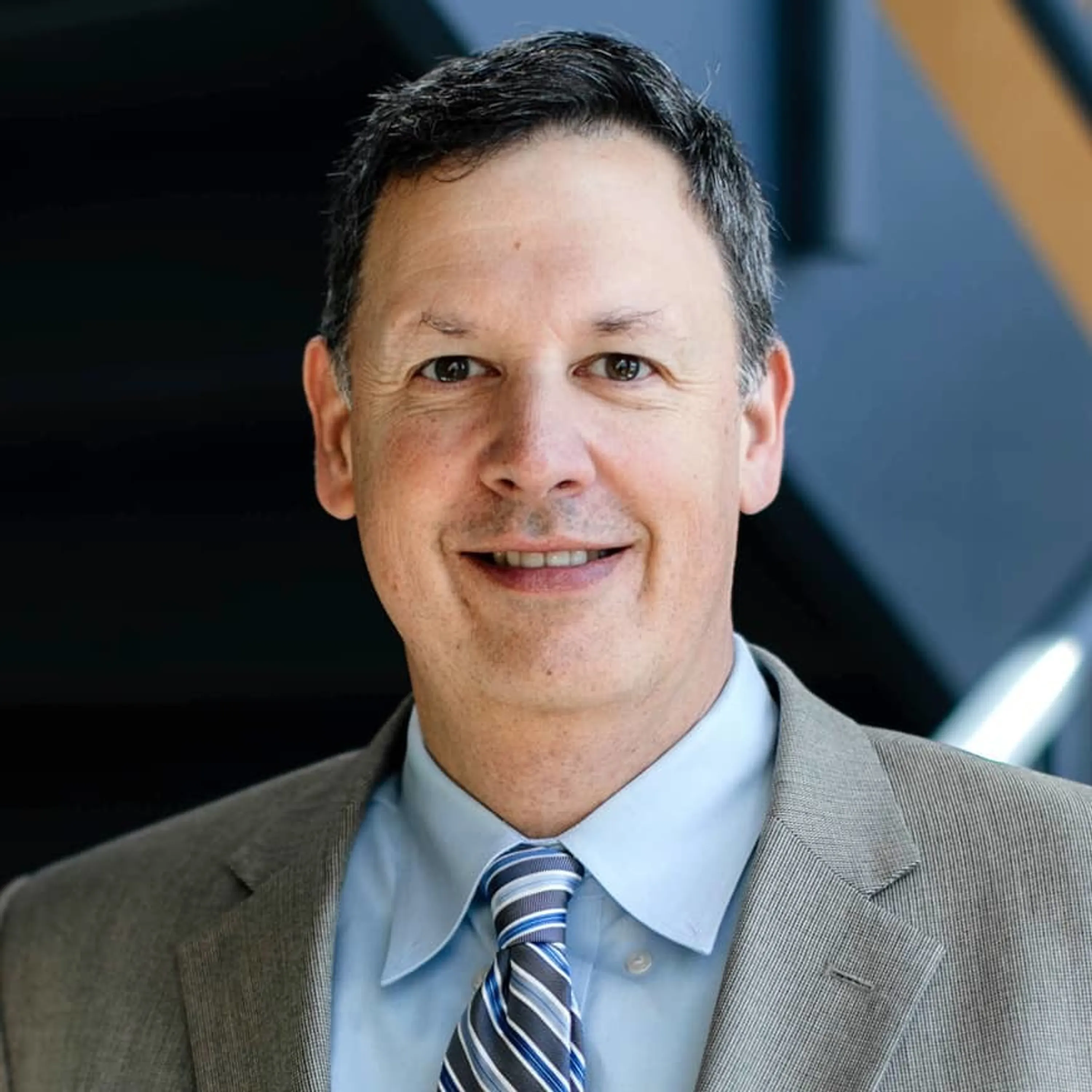Wight & Company is an industry leader in sustainable design and radical energy efficiency. Having reached many sustainability milestones including the first LEED project in the world, multiple PHIUS+Source Zero and ILFI Zero Energy projects, and the first verified net zero energy building in Illinois, the natural progression of our practice is to take a proactive and intentional approach to reducing the embodied carbon in our projects. As an integrated design and delivery firm, we are uniquely positioned to address embodied carbon through both design and construction specifications and processes. Led by our structural engineering team, we intend to continue to learn, grow, and reduce the embodied carbon impact of all of our projects.
Wight & Company is hereby signing on to the Structural Engineering 2050 Commitment Program (SE 2050). We support the vision that all structural engineers shall understand, reduce, and ultimately eliminate embodied carbon in their projects by 2050. The mission of the SE 2050 Commitment is to support the SE 2050 Challenge and transform the practice of structural engineering in a way that is holistic, firm-wide, project based, and data-driven. By prioritizing reduction of embodied carbon through less impactful structural materials, we can more easily work toward net zero embodied carbon structural systems by 2050.

Lewis University, Brother James Gaffney, FSC, Student Center during construction

Will County Justice Center during construction
Lewis University, Brother James Gaffney, FSC, Student Center during construction
Will County Justice Center during construction
The goal of the SE2050 Program is to provide an accessible sustainability program, with an accountable commitment strategy of active engagement on projects and sharing of information. The basic aims of the Program are to:
- Educate the profession on the best practices of sustainable structural design and construction that will lead to net zero embodied carbon by 2050;
- Engage in an embodied carbon tracking program within the profession thereby enabling the establishment of appropriate embodied carbon reduction targets until net zero is realized;
- Report on the current embodied carbon impacts and trends of various structural systems for different regions throughout the country; and
- Advocate and communicate with clients, the design community, and the public to build an understanding about embodied carbon and impacts of the built environment.
We look forward to taking on this challenge through the dedication and commitment of our Structural Engineering team. Partnering with Wight’s Sustainability Group and utilizing the extensive resources of our multidisciplinary firm gives us a tremendous advantage in achieving net zero embodied carbon. Furthermore, we are committed to engaging and educating Wight & Company’s professionals so that they can achieve equally important embodied carbon reductions in their respective disciplines.




